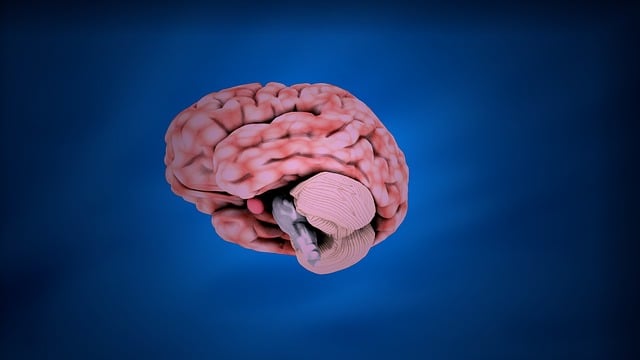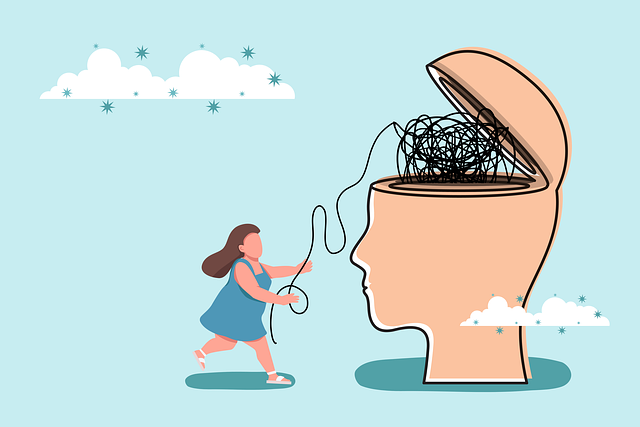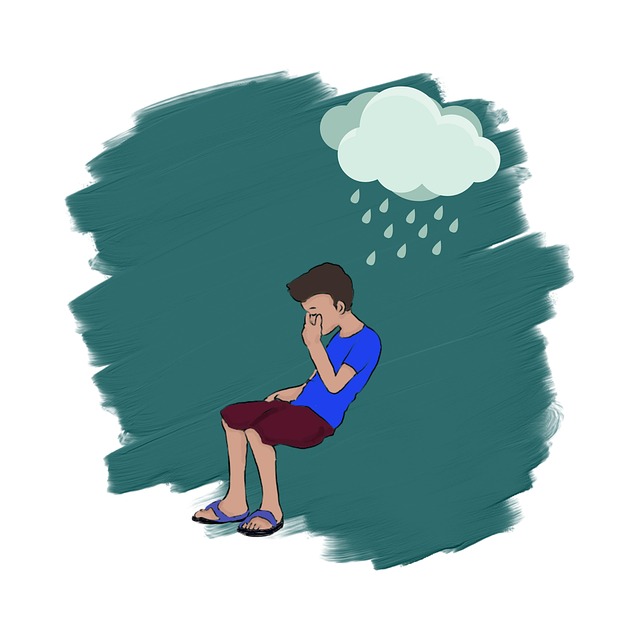Mental Health Crisis Hotlines provide immediate support for children in distress, offering trained professionals who employ therapeutic approaches like Eye Movement Desensitization and Reprocessing (EMDR) to process trauma. EMDR combines exposure therapy with guided eye movements, aiding emotional regulation and resilience development in young minds. Accessing these services through local helplines or online resources ensures confidentiality, while equipping children with coping mechanisms and education empowers them to navigate challenges with confidence, fostering long-term well-being. For professionals, effective crisis management involves risk assessment, self-care, and resilience techniques to prevent burnout.
“Mental health crisis hotline support services are vital resources offering immediate assistance to children in distress. In this article, we explore ‘Understanding Mental Health Crisis Hotlines’ as a lifeline for young minds. Additionally, we delve into EMDR (Eye Movement Desensitization and Reprocessing) Therapy, a powerful approach shown to aid vulnerable children. We also provide insights on accessing and utilizing crisis support services effectively, emphasizing the importance of professional guidance in therapy for children, particularly through EMDR.”
- Understanding Mental Health Crisis Hotlines: A Lifeline for Children in Distress
- EMDR Therapy: A Powerful Approach to Support Young Minds
- Accessing and Utilizing Crisis Support Services Effectively
Understanding Mental Health Crisis Hotlines: A Lifeline for Children in Distress

In moments of intense emotional turmoil or distress, children often need immediate support and guidance to navigate their mental health challenges. Mental Health Crisis Hotlines serve as a lifeline for young individuals who may be struggling with anxiety, depression, trauma, or any other form of mental illness. These dedicated helplines provide easy access to trained professionals who can offer crisis intervention, emotional support, and valuable resources tailored specifically for children’s therapy needs.
One effective therapeutic approach that has gained prominence is Eye Movement Desensitization and Reprocessing (EMDR). EMDR combines exposure therapy with guided eye movements to help children process traumatic memories and reduce the intensity of associated emotions. By participating in stress management workshops or engaging with supportive organizations focused on mental illness stigma reduction efforts, children can learn coping mechanisms for better emotional regulation. These services play a pivotal role in ensuring that children receive timely assistance, fostering their overall well-being, and potentially preventing more severe mental health crises in the future.
EMDR Therapy: A Powerful Approach to Support Young Minds

EMDR Therapy offers a powerful approach to support young minds dealing with mental health crises. This therapeutic method, short for Eye Movement Desensitization and Reprocessing, has proven effective in treating trauma and post-traumatic stress disorder (PTSD) in children. By encouraging bilateral stimulation—such as side-to-side eye movements or tactile sensations—EMDR helps young individuals process traumatic memories and emotions, fostering emotional regulation and inner strength development.
Incorporating EMDR into mental health education programs design can significantly enhance support services for vulnerable youth. This therapy not only addresses the symptoms of trauma but also empowers children with coping strategies that promote resilience. By combining EMDR with tailored mental health education, young minds gain a deeper understanding of their emotional responses and learn to navigate life’s challenges with newfound confidence, setting them on a path toward long-term well-being.
Accessing and Utilizing Crisis Support Services Effectively

Accessing crisis support services is a vital step when facing mental health challenges. Many individuals, especially children, can benefit from professional assistance during times of distress. Therapy for Children, including techniques like EMDR (Eye Movement Desensitization and Reprocessing), offers specialized care tailored to their unique needs. Effective utilization involves reaching out proactively, whether through local helplines or online resources, ensuring anonymity and confidentiality for a comfortable experience.
For mental health professionals, managing crises requires robust risk assessment and planning. Implementing self-care practices alongside confidence-boosting techniques can prevent burnout and enhance resilience. These strategies ensure that both practitioners and clients receive the best possible support, fostering a healthier and more supportive environment for navigating mental health challenges.
Mental health crisis hotline support services play a crucial role in assisting children in distress. By understanding the importance of these hotlines and utilizing effective approaches like EMDR therapy, we can significantly enhance the well-being of young minds. Accessing and navigating these resources effectively is key to ensuring that every child receives the necessary support to overcome crises and foster healthy development.








